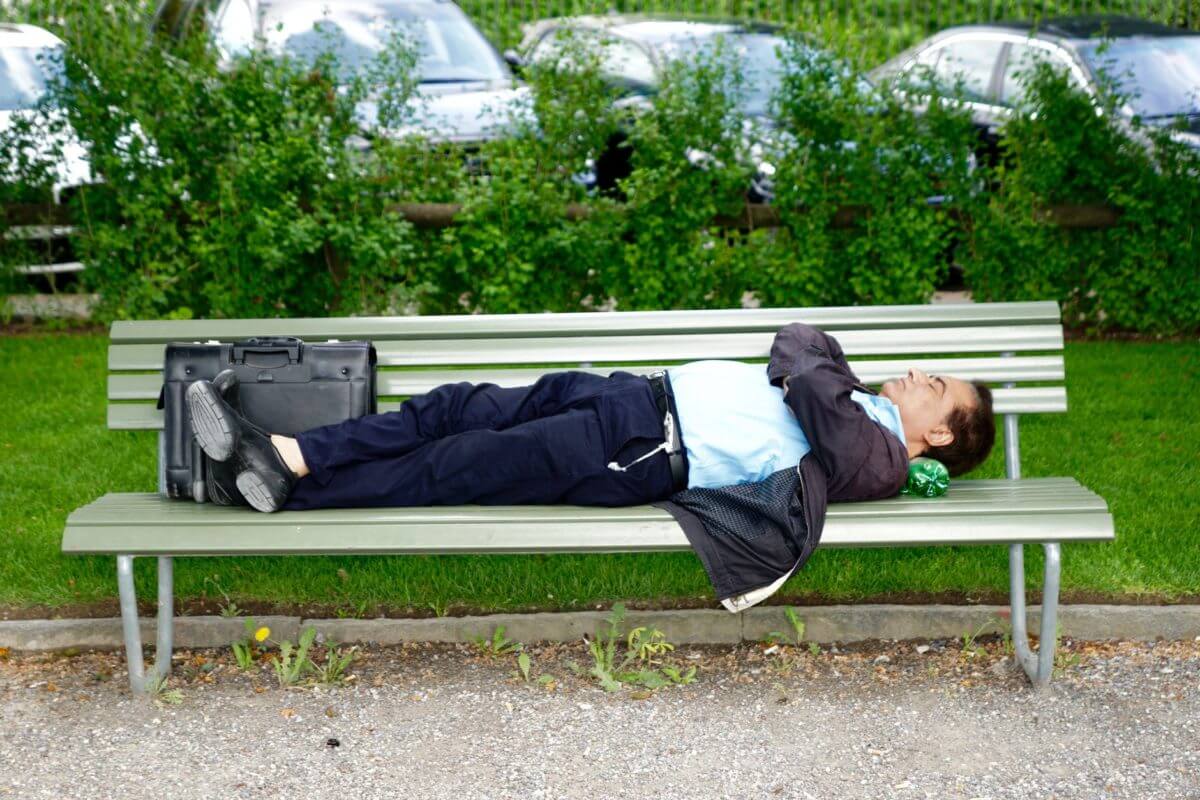Tired, stressed, and out of shape?
Could your nutrition habits be the one to blame?
Unfortunately, we live in a world of overweight and obese individuals that are depressed and deprived of sleep, nutrition, and exercise. We seek out doctors, personal trainers, nutritionist and whoever else to help us combat the problems that many of us have put on ourselves. We buy the latest supplements and cleanses to help us lose weight and have more energy. We put ourselves on hardcore diets in order to look good for that next vacation or wedding.
WE WILL BASICALLY DO WHATEVER IT TAKES TO LOOK, FEEL AND
PERFORM BETTER.
BUT, AFTER ALL OF THIS…WE ARE STILL IN A CHRONIC STATE OF
MALNUTRITION, SLEEP DEPRIVATION, AND UNHAPPINESS.
As you already know, sleep is absolutely essential to our health and well-being. In fact, sleep is just as important as nutrition and exercise when it comes to improving your health, body composition and performance. However, lack of good quality sleep will eventually lead to mind fog, weight gain, decreased performance, hormone imbalances, increased risk of getting sick and much more. The good news is that returning to an adequate amount of sleep can reduce these risks dramatically. Sometimes falling asleep and staying asleep through the night is a challenge for some people. Listed below are five of the most common issues inhibiting us from getting a good night’s sleep.
Caffeine
Coffee, energy drinks, and other supplements are all stimulants that can dramatically affect our sleep. Research shows that individuals that drink caffeine after 2 pm are much more likely to experience issues falling asleep at night.
Alcohol
Alcohol is most commonly consumed at night so therefore it has the ability to interfere with our deep sleep or REM sleep. Regardless of whether or not we get 7 hours of sleep, drinking can interfere with our bodies ability to recover while sleeping.
Exercising
Working out too close to bedtime can affect our ability to fall asleep at night. High intensity exercise in particular can leave an individual’s sympathetic nervous system stimulated, inhibiting him/her to fall asleep and stay asleep throughout the night. Not to mention, exercising regularly has been shown to normalize our circadian rhythms and regulate our endocrine function.
Dinner
Large dinner’s can also inhibit an individual from falling and staying asleep at night. Simply eating till you are stuffed can lead to trouble falling asleep if the meal is consumed too close to bedtime. Eating until you are 80% full is a good rule of thumb to live by for not only dinner, but each meal of the day. A nice balance of carbohydrates, proteins, and fats for dinner will leave you satiated through the night.
Water
Dependent on the individual, drinking too much water before bed can lead to countless bathroom trips during the night, leading to an interrupted night of sleep. Other than nutrition and exercise, there are countless other habit based changes that we can incorporate into our lives in order to get more sleep and wake up feeling energized and refreshed. Regardless of what time you go to bed at night, there are certain practices that can allow us to fall asleep faster and stay asleep through the night.
- Busy day tomorrow? Free up your mind and write down your thoughts on paper to address the next day. There is nothing worse than trying to fall asleep when you have countless tasks on your mind for the next day. Give yourself a break and jot down some notes to take action on the next day. It’s ok, that great idea will still be there tomorrow!
- Go to bed! I know, I know…Games of Thrones is the bomb. But seriously, individuals that stick to a regular sleep schedule are shown to have more consistent release of calming hormones such as serotonin that allow us to fall asleep and stay in deep sleep.
- 7 hours of sleep…What!? I wish. This is the minimum amount of sleep that an individual needs in order to recover properly. Anything less, over a long period of time can lead to a host of hormonal and metabolic issues. Even if your sleeping less than 7 hours now, strive to sleep 7-9 hours per night. Don’t worry, it’s not going to be easy. Be patient. Anything worth having takes time. I promise you, adequate sleep will lead to a more productive life.
- Facebook, Instagram, T.V., and all other electronics can all be distractions that affect our ability to fall asleep at night. Turning off electronics thirty minutes before bed can lead to a better night’s sleep.
- De-stress. Do whatever it is that allows you to relax. It could be taking a walk around the block, reading a book, taking a hot bath, or even yoga. Do what it is that relaxes both your mind and body. All of these things stimulate your parasympathetic nervous system and allow you to de-stress.
As you can see, there are countless ways to improve your sleep. Whether you have issues falling asleep at night or sleeping through the night uninterrupted, finding a sleep routine that works for you is essential. Between kids, work and everything else we have going on in our crazy lives, sleep can sometimes take last priority. If you are concerned about your sleep quality, assess why it is that you are experiencing the issue and start working towards fixing the root of the problem. Trust me, your body will thank you!

